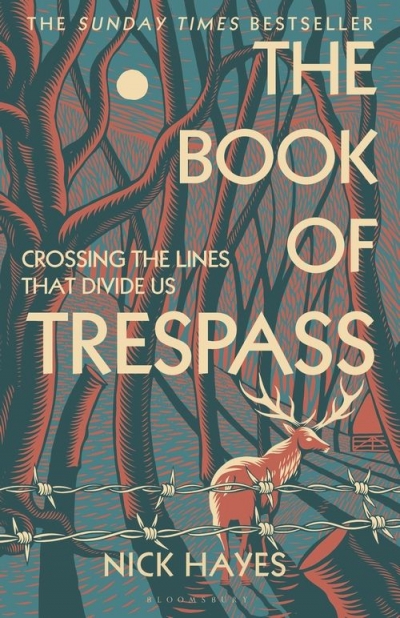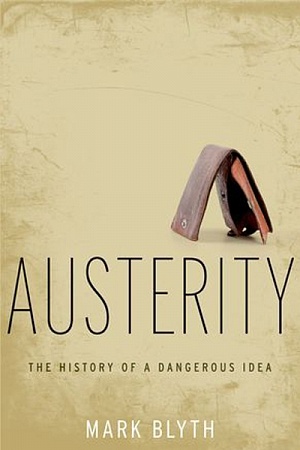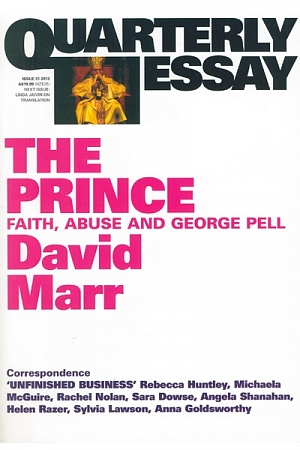The Book of Trespass: Crossing the lines that divide us
Bloomsbury, $36.99 pb, 464 pp
Vanished festivities
The concept of ‘trespass’ first entered English law records in the thirteenth century. That this appearance fell between the arrival of William the Conqueror in 1066 and the reformation of the English church by Henry VIII in 1534 is no accident. As Nick Hayes shows in The Book of Trespass, the process by which the English commons were enclosed by the statutes of the wealthy landowning class was slow but resolute; and it had everything to do with, on the one hand, the arrival of Norman delineations of property and, on the other, the disbanding of the monasteries that had worked in a bartering symbiosis with the people of the common landscapes of England.
During those long centuries, and forever since, the once permeable membranes of England’s countryside have been stoppered and barred into an impenetrable grid of privatised demesnes wherein some ninety-two per cent of the land and ninety-seven per cent of the waterways are currently locked away from public use. These estates are off limits whereas once, as James Boyce has revealed in Imperial Mud (2020), his study of the Fens, the indigenous population lived with a concept of ‘property’ that was related not to the material ownership of land but solely to communal rights of use and reciprocal cultural duties.
Continue reading for only $10 per month. Subscribe and gain full access to Australian Book Review. Already a subscriber? Sign in. If you need assistance, feel free to contact us.











Leave a comment
If you are an ABR subscriber, you will need to sign in to post a comment.
If you have forgotten your sign in details, or if you receive an error message when trying to submit your comment, please email your comment (and the name of the article to which it relates) to ABR Comments. We will review your comment and, subject to approval, we will post it under your name.
Please note that all comments must be approved by ABR and comply with our Terms & Conditions.